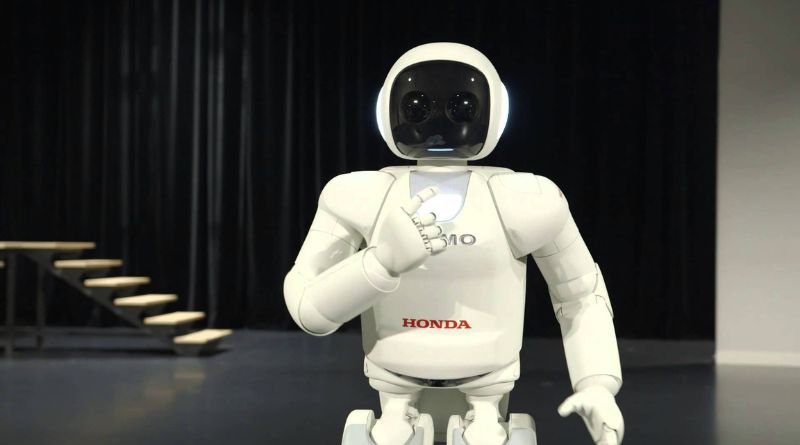Robots are Here to Make Your Job More Boring

Robots have revolutionized manufacturing and the military, and are now poised to change office work as well. Will this automate your job? Are you doomed to sit at a cubicle desk doing data entry while droids take over your workload? Or will this push you to be more creative and productive than ever before? Robots are redefining the future of work, and it’s important to understand how they could transform your role in the world of business.
Automated Reporting is All Around Us
These days, it seems like everything is automated. From our morning commute to the office to the way we do our work, robots are slowly but surely taking over many aspects of our lives. And, as they become more and more commonplace, they’re also making our jobs more boring. It might sound counterintuitive that automation would make your job less interesting—but think about it. If you have no interaction with people or have a highly repetitive task, wouldn’t you be happier if there was a robot who could take care of things for you?
It’s only going to get worse too: According to an Oxford University study, up to 47% of all U.S. jobs could be replaced by automation in just 10-20 years! We won’t need to rely on human error anymore when data inputted into computers will be checked for errors, mistakes and inconsistency. Companies can expect higher levels of efficiency from their employees because these machines will free them up from time consuming tasks and allow them to focus on what really matters.
But don’t worry; this doesn’t mean robots will replace humans altogether…in fact, many experts say humans will continue working alongside machines so that together they can come up with new solutions faster than ever before.
Why do we need automated reporting?
We need automated reporting for a number of reasons. First, it allows us to save time by not having to manually compile data. Second, it helps us to ensure accuracy by reducing the chances of human error. Third, it allows us to be more efficient in our work by freeing up our time to focus on other tasks. Fourth, it helps us to scale our businesses by allowing us to quickly and easily generate reports for large numbers of people. Fifth, it gives us an advantage over competitors because we can better meet deadlines and produce higher quality products. Finally, automated reporting is cost-effective because it reduces labor costs.
What will happen to my job?
Chances are, if you have a job that is repetitive or involves a lot of physical labor, a robot will eventually be doing it instead of you. This doesn’t mean that all jobs will be replaced by robots, but many will. So what does this mean for the future of work? It’s hard to say with certainty. Experts disagree on whether more robots will lead to less employment opportunities in the long run. However, as more and more jobs become automated and technology continues to advance at an unprecedented rate, people should start preparing themselves for some tough economic times ahead – no matter how educated they are or how skilled they are at their profession.
Where can I learn more about automation?
If you’re interested in learning more about automation, there are plenty of resources available online. You can start by doing a simple Google search for automation in the workplace. Read this blog post from Career Builder that discusses how your job might change with the introduction of new technology. Or read this post from Wired Magazine on how robots could take over your job someday soon.
You’ll also find many articles at sites like Forbes and Business Insider that talk about trends related to automation and artificial intelligence in today’s workforce. The key takeaway is that it will not be long before machines replace humans as the primary workforce.
One example is self-driving cars – already being tested in some states – which will eliminate jobs such as taxi drivers, delivery truck drivers, and other positions where someone drives as part of their daily work. There are still some jobs that machines cannot do better than humans yet (perhaps due to lack of knowledge or expertise), but these jobs will not last forever.







